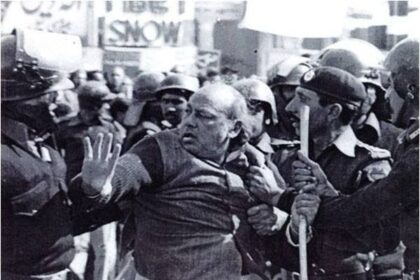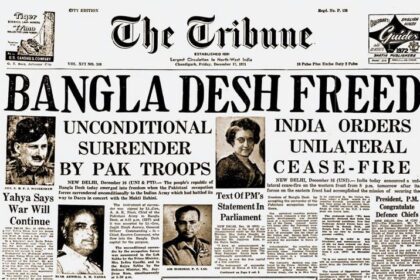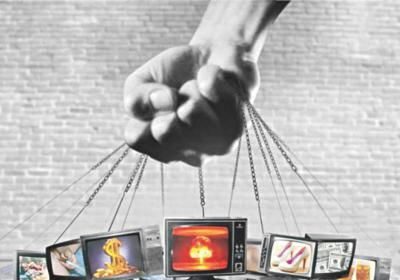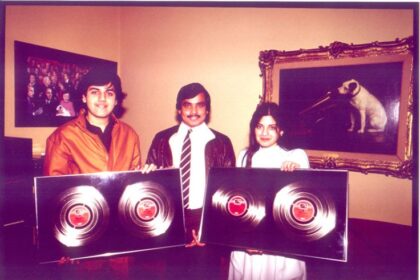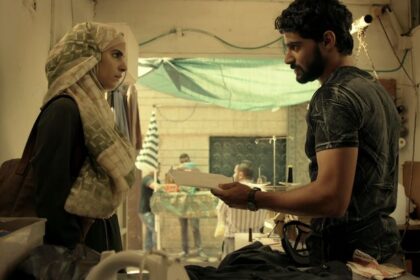Millions across the globe use TikTok. In Pakistan, many consider it an app that appeals more to the masses, offering them easy access to fame and income and allowing them to express their humour, lifestyle and interests on an easy-to-access platform used by millions. One example is Muhammad Arshad, better known as ‘Arshad Reels’, who went from living in a small village in Sialkot to surpassing top Pakistani content creators by simply making Islamic lesson-orientated videos featuring him and his family. While Muhammad Arshad’s content was welcomed and appreciated, many creators who make similar videos are often censored or shamed for making similar content, especially when it goes against dominant cultural norms. This just goes to show that while TikTok is marketed as an inclusive app with a lovely community, it is heavily policed, specifically against the working class when they express joy or critique elitist norms.
However, TikTok does have some significant issues, such as it being promoted as an ‘all-inclusive’ community when, in reality, content produced by working-class creators is often mocked or dismissed – often by middle- or upper-class creators or consumers. Their videos are not judged based on content but rather on how ‘cringe’ they are or how ‘tacky’ their outfits are. Comments like this take away from whatever the true meaning of their content may be, whether that’s religious enlightenment, comedy, or just some casual fun they may be having. The mockery never ceases. Their aesthetics are labelled as vulgar or tasteless when seen through the filtered elite lens. This mockery reinforces the digital class hierarchy instilled in all aspects of life, especially social.
Beyond class, TikTok has become a place where people do not judge nonconforming behaviour. With feminine boys, bold girls and people comfortable in expressing their sexuality, it was one of the few platforms where those who are in the LGBTQ+ community can express themselves without fear or judgement. They express themselves in a way that is celebratory, humorous and harmless. However, these are seen as mocking the traditional way of life and threatening both the Islamic state and the conservatives. It is important to note that TikTok has been banned by the state multiple times on grounds of ‘immorality’ without citing any legal violations, suggesting it is not lawbreaking that is the state’s concern but joy, visibility and representation among the margins.
The working class’s raw, unfiltered, pure content is compared and filtered against perfectly curated, edited videos of more privileged creators, which are backed by thousands of rupees of investment and preparation. Their content, which is authentic, relatable and whole, is classified as cheap and ignored. Their content is appealing, as it shows how their lifestyle is, not toned down or condensed, the lifestyle of the Pakistani working class.
TikTok is more than an app; it is a space for people to express themselves without fear or judgement. It may not be polished, but it’s authentic; it’s not feeding the public lies about their living conditions. That may be the elite’s biggest concern: people who were never meant to be in power, creating their own platform, rising above the norms set by them and taking control of the narrative. They aren’t doing anything wrong, just existing loudly in a world where they must die quietly.







